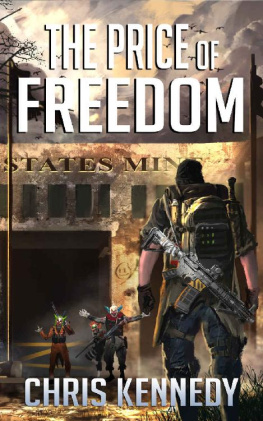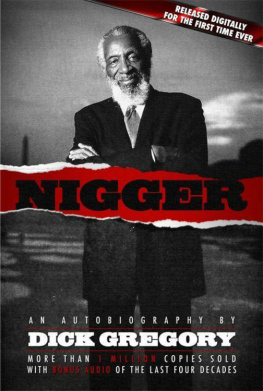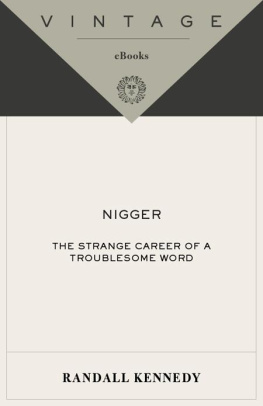INTRODUCTION
to the Vintage Edition
Nigger has accompanied me throughout my life. As a child growing up in Columbia, South Carolina, and Washington, D.C., in the s and s I assumed that nigger (along with various other racial slurs including cracker or peckerwood) would be in the minds, if not on the lips, of participants in any altercation pitting whites against blacks. I do not remember the first time that a white person called me nigger, but I do remember the first time that responding to it gave rise to a discussion between me and my parents. The episode occurred in the early 1960 s. After battling a white boy for what seemed like hours on a D. C. playground (at the Takoma Elementary School), I walked home and at dinner calmly related the events of the day. I asked my parents for advice on how best to react to a white person who called me nigger. They gave me contradictory advice. My father said that I had standing permission from him to go to war. He warned me against rushing into a fight if I was badly outnumbered. Otherwise, though, he urged me to respond with fists, or if necessary, with bottles, sticks, or bricks. My mother, on the other hand, recommended that I pay no heed to racial taunts, avoid bullies, and let bigots stew in their own poisonous prejudices. She insisted that while sticks and stones may break your bones, words need never harm you.
Yet it was a wordthis word niggerthat lay at the core of a recollection that revealed to me the pain my mother continues to feel on account of wounds inflicted upon her by racists during the era of Jim Crow segregation. Several years ago I asked her to tell me about her earliest memory of the color line. She began laughingly, telling me about how, in Columbia, she had often accompanied her mother to white folks homes to pick up and return laundry. Although they typically traveled on public buses, my mother had failed to notice that her mother, Big Mama, always took her to the back of the bus where Negroes were segregated. One day, Big Mama asked my mother to run an errand that required her to catch a bus on which they had often ridden together. This errand marked the first time that my mother rode the bus on her own. She stood at the correct stop, got on the right bus, and deposited the appropriate fare. Being a bit scared, however, she sat down immediately behind the bus driver. After about a block, the driver pulled the bus over to the curb, cut the engine, and suddenly wheeled around and began to scream at my mother who was all of about eight or nine years oldNigger, you know better than to sit there! Get to the back where you belong!
At this point in the storytelling, my mother was no longer laughing. A tear dropped onto her cheek, as she recalled running away from the bus overcome by fright.
I have been called nigger to my face on a couple of occasions by people who sought to convey their racial hatred or contempt for all blacks including me. In the spring of 1978 , a motorist in Oxford, England, slowed down, rolled down the window of his car, and made a gesture indicating that he needed assistance. When I reached the side of his auto, he screamed Nigger go home! and sped off. Seven years later, on my first day in residence as a member of the faculty at Harvard Law School, a cabbie called me nigger (as well as coon, and jigaboo) on the basis of no apparent provocation other than my race.
I have also encountered nigger in dealings with acquaintances. Explaining why there were no blacks on a swimming team to which he belonged, a white elementary school classmate innocently allowed me access to familial information that I am sure his parents would have preferred for him to have kept private. My classmate told me that he had heard his parents and their friends say that they needed some relief from niggers.
Years later, at a junior tennis tournament, I found myself sharing a hotel room with a white youngster from Mobile, Alabama. Late one evening, right as we were about to shut off the lights and go to sleep, this guy decided to tell me a final joke, one in which a reference to a nigger constituted the punch line. As soon as that line escaped his lips, his eyes bulged while the rest of his face froze. He knew immediately that he had made himself vulnerable to a judgment that he deeply feared. Why had he done so? I suspect that he had become so comfortable with me that he ceased, at least temporarily, to see me in terms of race. Or perhaps he had merely granted me the status of an honorary white. Either way, the reference to nigger seems to have suddenly made him aware anew of my blackness and thus the need to treat me differently than other acquaintances. I said nothing during the awkward silence that enveloped the room as his voice trailed away from the failed joke.
He apologized.
I do not recall whether or not I actually felt offended, but I do remember that from that moment on, the ease that had marked our budding friendship vanished.
For many people, saying or hearing nigger is easier in mono-racial as opposed to multiracial settings. That has often been my experience. In my final year at my wonderful high school, St. Albans School for Boys, a black friend jokingly referred to me as a nigger in the presence of one of our white classmates. If he and I had been alone, I might have overlooked his comment or even laughed. But given the presence of the white classmate, I concluded immediately that a show of forceful disapproval was imperative. My concern was twofold and had to do in part with my position as student body president. I did not want the white classmateand, through him, other white classmatesto get the impression that

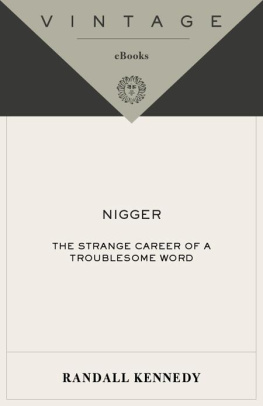

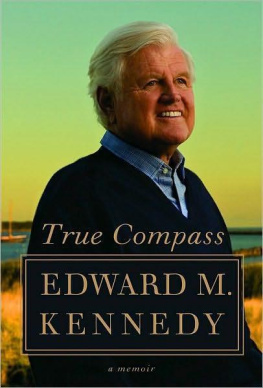
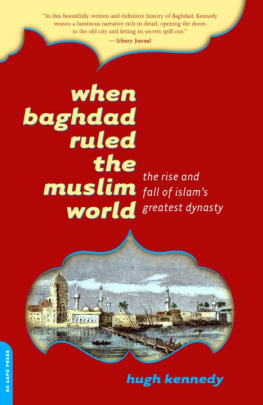

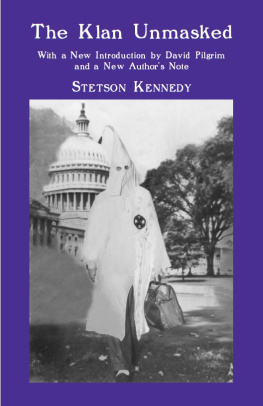
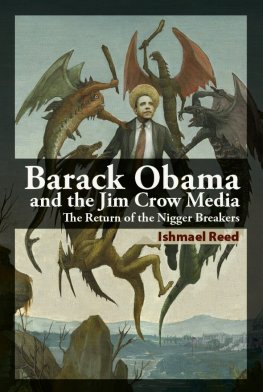

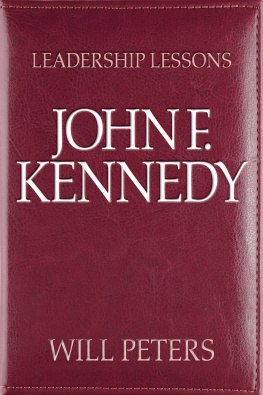
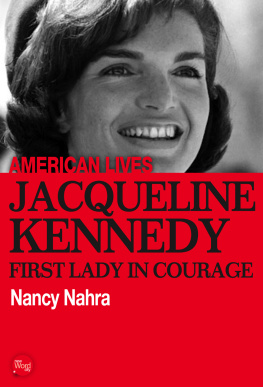
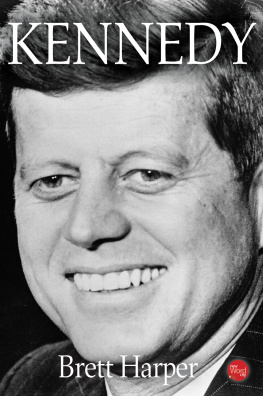

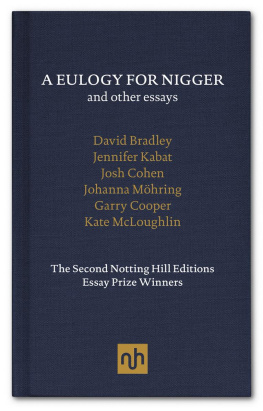

![Blackstone Audio Inc. - The N word: [who can say it, who shouldnt, and why]](/uploads/posts/book/167794/thumbs/blackstone-audio-inc-the-n-word-who-can-say.jpg)
